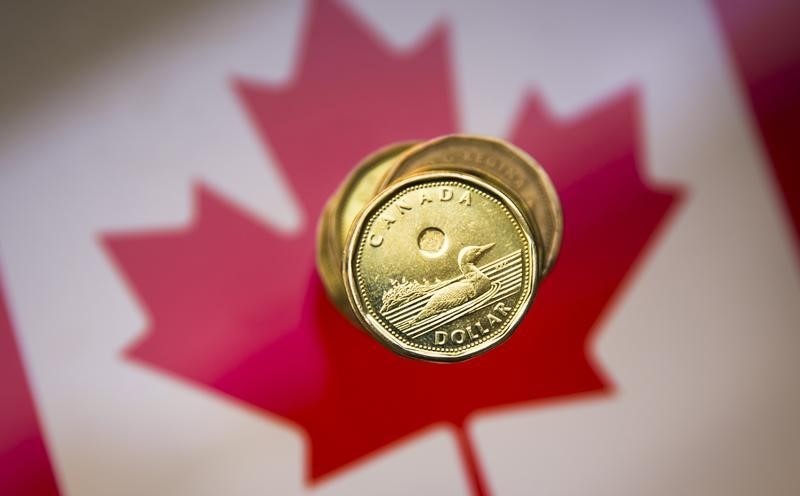* Canadian dollar at C$1.3295, or 75.22 U.S. cents
* Loonie touches its weakest since Jan. 4 at C$1.3324
* Bond prices lower across a steeper yield curve
TORONTO, Jan 19 (Reuters) - The Canadian dollar weakened to a two-week low against its U.S. counterpart on Thursday, one day after the Bank of Canada left the door open to cutting interest rates, as broader gains for the greenback offset higher oil prices and firm domestic data.
Canadian manufacturing sales rebounded 1.5 percent in November from October on gains in the primary metal, petroleum and coal industries, Statistics Canada said. Analysts polled by Reuters had expected a 1.0 percent rise. of oil, one of Canada's major exports, recovered from a one-week low as the International Energy Agency said oil markets were tightening even before cuts agreed by OPEC and other producers took effect.
U.S. crude CLc1 prices were up 0.92 percent at $51.55 a barrel.
The U.S. dollar .DXY rose against a basket of currencies as European Central Bank President Mario Draghi played down a recent rise in euro zone inflation. Gains for the greenback came after Federal Reserve Chair Janet Yellen signaled on Wednesday a path of steady U.S. interest rate increases. 9:18 a.m. ET (1418 GMT), the Canadian dollar CAD=D4 was trading at C$1.3295 to the greenback, or 75.22 U.S. cents, weaker than Wednesday's close of C$1.3259, or 75.42 U.S. cents.
The currency's strongest level of the session was C$1.3253, while it touched its weakest since Jan. 4 at C$1.3324.
On Wednesday, the Bank of Canada left its policy rate on hold at 0.5 percent. The central bank warned that a rate cut remains on the table if the risks facing the country are realized, warning there would be "material consequences" if U.S. President-elect Donald Trump enacts protectionist policies.
Trump's choice for commerce secretary, Wilbur Ross, said on Wednesday that renegotiating the North American Free Trade agreement with Mexico and Canada would likely be the Trump administration's first priority. sends 75 percent of its exports to the United States.
In separate domestic data, foreign investment in Canadian securities dropped to an 11-month low in November, with non-residents buying a net C$7.24 billion worth of bonds, stocks and money market paper, Statistics Canada said. government bond prices were lower across a steeper yield curve, with the two-year CA2YT=RR falling 2.5 Canadian cents to yield 0.784 percent and the 10-year CA10YT=RR declining 25 Canadian cents to yield 1.737 percent.
The 10-year yield fell 4.3 basis points further below its U.S. equivalent to a spread of -72.3 basis points, as U.S. Treasuries underperformed.
